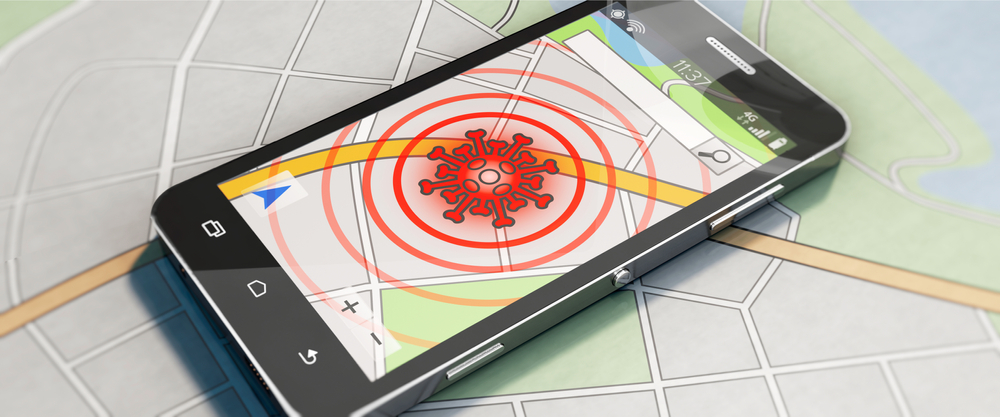
A group of 14 Democratic U.S. senators is calling on Congress to include $8 billion in new funding for contact tracing to fight the COVID-19 virus.
Contact tracing is the process of tracking infected people to find out who they have been in contact with to stop the spread of the virus. Scientists say it is the key to slowing the spread and reopening the economy until a vaccine is available.
Contact tracers are essentially “disease detectives” who can swiftly track down and alert people who have been exposed to a confirmed COVID-19 case. Contact tracers must be trained to interview patients, do investigative work, and monitor those at risk with daily check-ins. The work is labor-intensive and can be done remotely by people working from home.
Fourteen U.S. Senators wrote a letter to Senate leadership urging them to fund this initiative. It was signed by Sens. Jack Reed (D-RI), Tom Carper (D-DE), Sherrod Brown (D-OH), Sheldon Whitehouse (D-RI), Richard Blumenthal (D-CT), Bob Casey (D-PA), Robert Menendez (D-NJ), Michael Bennet (D-CO), Jeanne Shaheen (D-NH), Chris Van Hollen (D-MD), Debbie Stabenow (D-MI), Elizabeth Warren (D-MA), Gary Peters (D-MI), and Cory Booker (D-NJ).
“We were pleased to support the Paycheck Protection Program and Health Care Enhancement Act, which provided $25 billion to increase COVID-19 testing capacity and make an initial investment in contact tracing. Now we need to build on this funding to enable states to quickly diagnose patients and get them into appropriate care, as well as help us better understand the spread of the disease, and provide a path forward towards eventually reopening the economy,” the senators wrote.
Public health experts say that the United States needs hundreds of thousands of contact tracers on the beat to do the job effectively. The Association of State and Territorial Health Officials; Association of Public Health Laboratories; Council on State and Territorial Epidemiologists; National Association of County and City Health Officials, and others are urging Congress to provide at least $7.6 billion in its next emergency relief bill for the contact tracing workforce.
“Further, we must encourage the use of technology to aid in this effort, without infringing on personal civil liberties. Management of public health data collected in this manner should continue to follow established protocols, whereby state and local entities serve as the primary data collectors and stewards of this information, which should only be shared as aggregated, anonymized data with the CDC for purposes of public health surveillance, and not with law enforcement or national security agencies,” the senators wrote. “We must provide sufficient resources to partner with the private sector to develop and deploy voluntary apps to improve data collection, support contact tracing, and ultimately help public health officials better control the spread of the virus. Additionally, such technology efforts should allow individuals to accurately and quickly receive alerts regarding potential exposure to COVID-19, improving rates of self-quarantine.”




